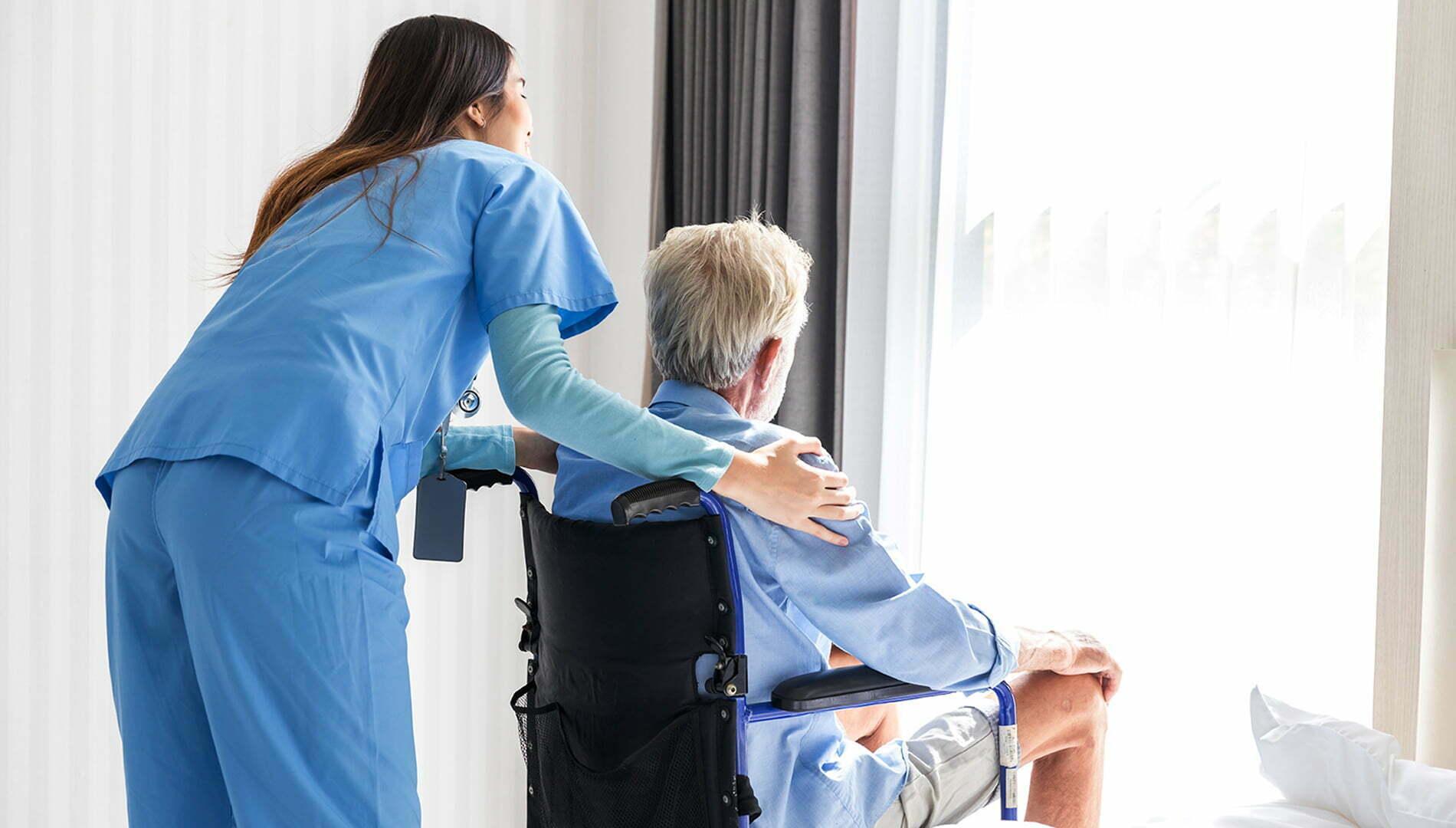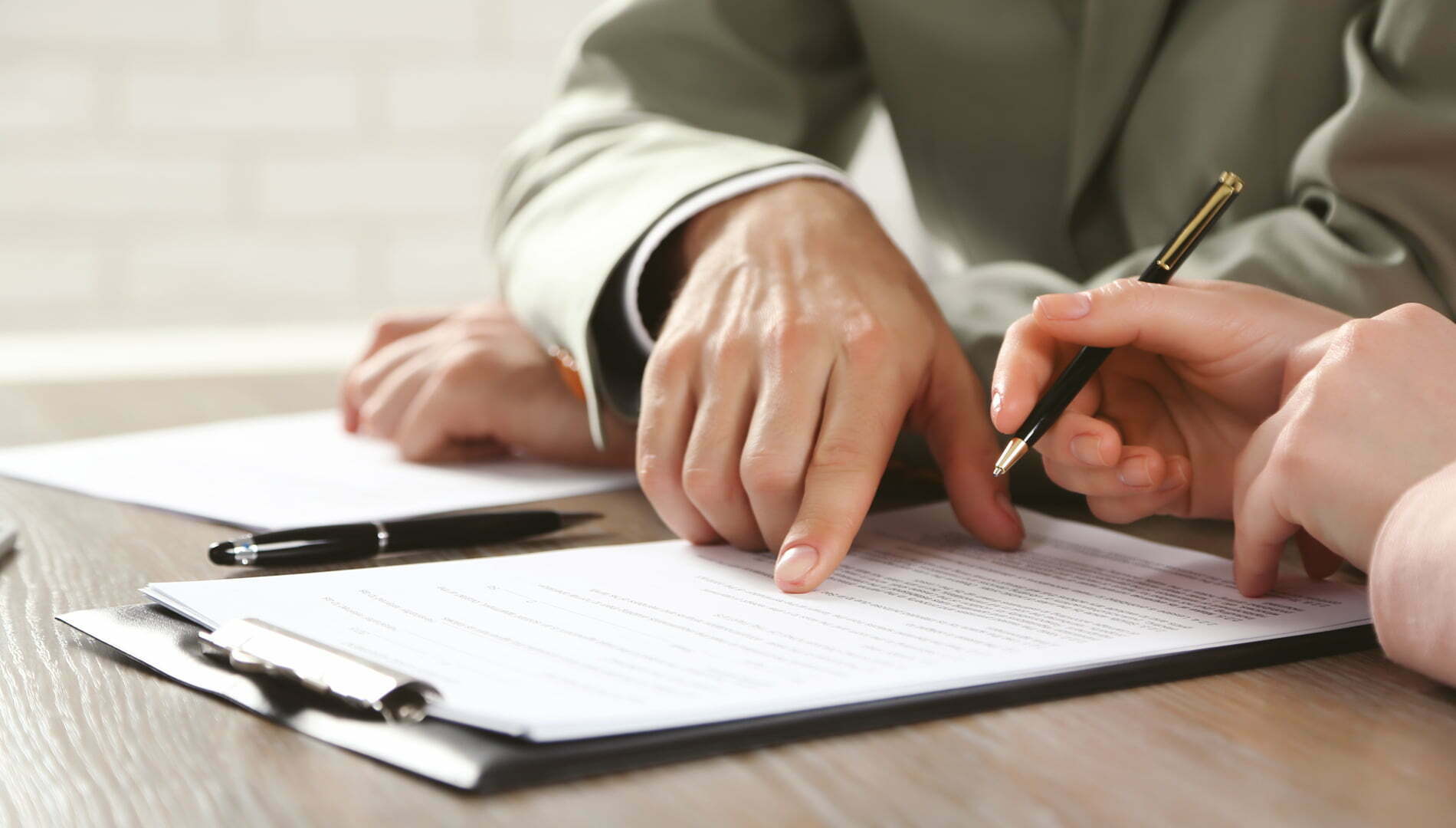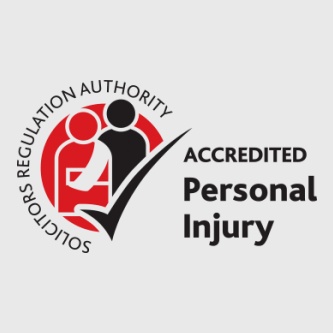The law around riding with a handlebar camera
Published: 20th July 2022
Cycling on busy roads can be a daunting experience as much of the time you might feel that you have insufficient protection, both physically and legally, from the road users you share our transport networks with. These anxieties are not helped by certain publications, one of which ran an opinion article last month that opened talking about “battlelines being drawn up between cyclists wielding GoPro video cameras and other road users.”
As stereotypical as you can imagine that type of article to be, one thing did stand out; the columnist’s description of ‘camera-wielding cyclists’. Something that is increasingly popular within the commuter community, these action cameras offer a way to capture a ride for both pleasure, training and protection. With accounts of many accidents on our roads being backed up by nothing but words, evidence from a camera is crucial to support any claim for damages and help make clear who was at fault.
In this article we will try to redress the balance in the often-misinterpreted bike-car narrative, and tell you what you need to know about cycling with an action camera.
Why cyclists ride with a camera
From personal image capture to an added sense of confidence, there are a multitude of reasons that cyclists use action cameras on their bikes or helmets. We all know how frustrating it can be to be cut up on the roads, or have an argument or altercation with someone that might lead to an accident in which there is no evidence to what actually happened. Usually, one of these experiences is what leads to riders buying a camera – to get as much evidence as possible to submit to the relevant authorities – as much of the time, even with the best memory in the world, matters many times aren’t taken further without video proof.
The exact personal reasons commuters decide to don a camera to capture their rides are of course singular to them, but most of the time, the videos are posted online to alert other cyclists of road dangers rather than as evidence in a case. Furthermore, an obvious camera can do a lot for a rider’s confidence and to discourage bad driving. The hope is that the prevalence of such cameras could encourage drivers to be more respectful and vigilant as to not cause a driving offence that will be captured as evidence.
It’s not all doom and gloom. Cameras are used to provide advice and give a point of view perspective on how to traverse the city for new commuters as well as simply capturing the scenery, views and environment of a local ride.
Is bike cam footage evidence?
Many UK police forces have portals so that cyclists can upload their camera footage as evidence in a similar way that CCTV is used. They will more than likely ask for an accompanying statement and if a case does get to court, the footage may also need to be submitted by a solicitor certifying that the images have not been doctored in any way. Most of the offences captured on video usually only carry a penalty of a fine, but others resulting in serious injury can lead to imprisonment. This doesn’t mean that this type of. evidence is only useful if you’re badly hurt though.
That’s because these videos are more often used as evidence for insurers and not the courts, so that you can claim compensation for your injuries and other losses such as the cost of repairs to your bike.
Cameras putting the ball in your court with liability insurance
Cameras are crucial for capturing evidence that can be submitted to insurers. The less-scrupulous of these companies frequently deny liability without evidence, and in fact, could turn the blame towards the cyclist if the other party has a more compelling ‘narrative’. Furthermore, without camera footage, incidents between car and cyclist often hang on a third-party witness to the situation, who may approach it with their own biases.
With a camera there is then little need for this step as this very raw proof can be the difference between winning and losing a case. The submission process is the same as with the courts, and the footage would be best submitted via a solicitor.
The rules surrounding cameras
There are a couple of rules/misnomers to understand before taking your first filmed bike ride. You may be told that recording footage in public places is an offence, but it’s perfectly legal so don’t worry about using your action camera on your daily commute – no matter how busy the area. No permission is needed to use them, but the camera should not interfere with your ability to ride or see where you are going. Otherwise, you could quite rightly land in trouble with the police.
Should I share online?
Capturing footage and sharing footage are two different acts. So, although recording is legally sound, there is an occasional precedent that then sharing this footage online could be a breach of the privacy and data protection of those filmed, especially if it involves sensitive information. That’s not to say you can’t share the footage at all – if there is wrongdoing involved, it can be very important to highlight that to spread awareness through the cycling community and pressure councils to do more for cycle safety.
However, you should avoid sharing videos of random people who are doing nothing wrong, as this may land you in trouble. Therefore, you should weigh up public interest versus another party’s privacy every time you wish to share a video from an altercation. Food for thought but the camera companies are making our lives easier by installing internal privacy measures, blurring software and auto-recording functionality so that you don’t excessively or unnecessarily film everything and everyone.
Therefore, an action camera can be a useful tool when you’re commuting. From capturing those personal, unseen ride moments without taking your hands off the handlebars to offering you an added sense of confidence and security while navigating busy traffic – it might be worth making the investment, and could easily save you more money in the long-run should it make the difference in a dispute with an insurer.
As always, we wish everyone safe travels; however, if you or any of your family or friends are involved in an accident on the roads and require legal assistance from a Top Tier Legal 500 rated law firm, please do not hesitate to contact us.
We can be contacted on 0330 058 0377 for a free, confidential conversation with a qualified, serious injury solicitor. Alternatively, please send us your contact details to enquiry@seriouslaw.co.uk, and one of our team will be in touch. All enquiries are free and confidential.











